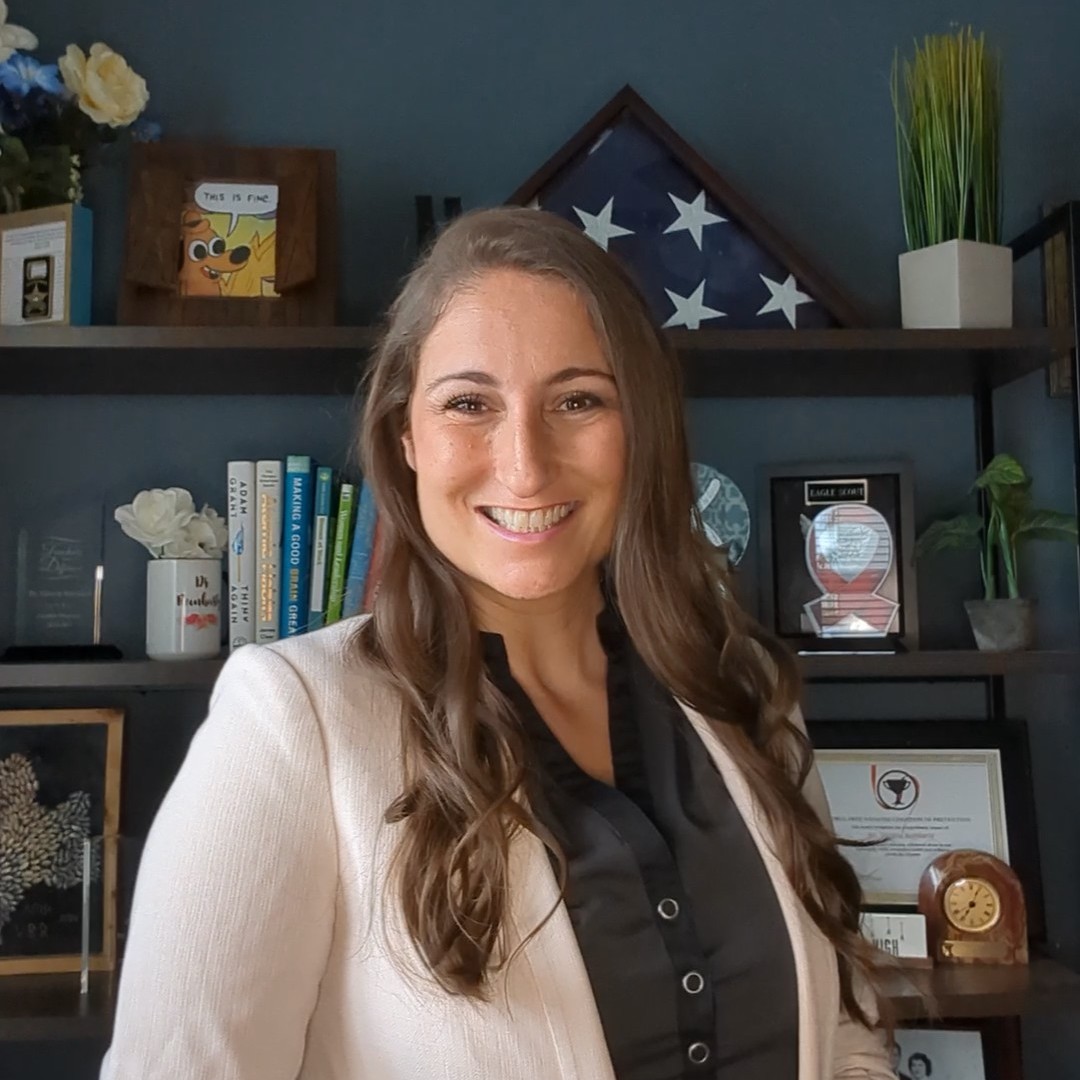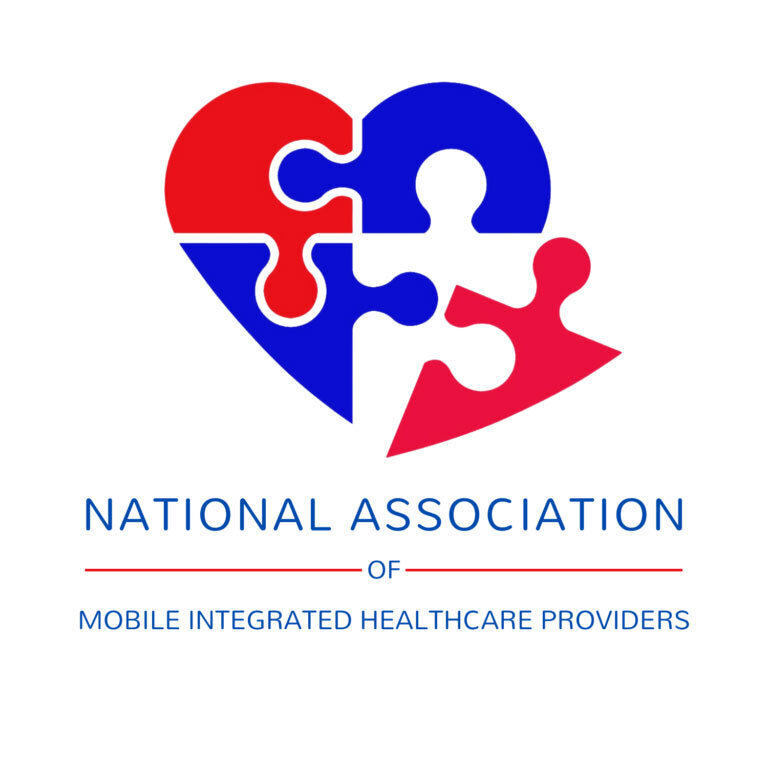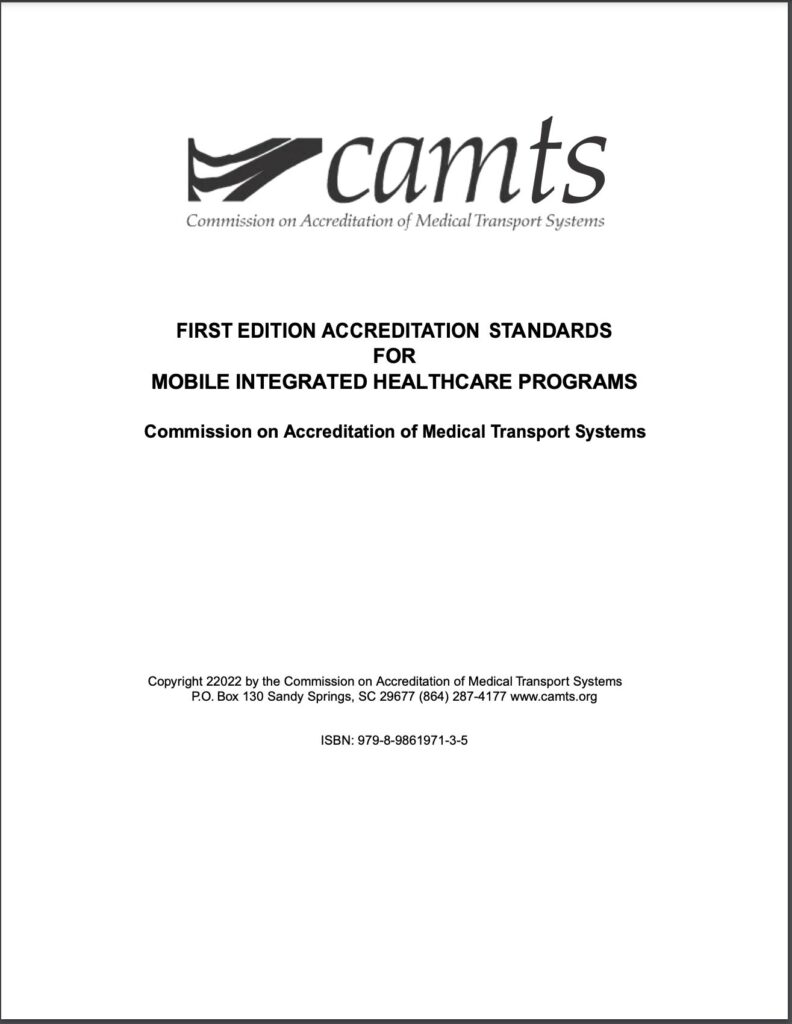A global definition of a community paramedic
"A community paramedic provides person-centred care in a diverse range of settings that address the needs of the community. Their practice may include provision of primary health care, health promotion, disease management, clinical assessment and needs based interventions. They should be integrated with interdisciplinary health care teams which aim to improve patient outcomes through education, advocacy, and health system navigation."
This definition was published in Paramedicine, an international peer reviewed journal based on a Delphi study to determine a consensus definition in 2023.

Figure 2. Jurisdictions of included experts.

Figure 3. Category of expertise.
Shannon B, Baldry S, O’Meara P, et al. The definition of a community paramedic: An international consensus. Paramedicine. 2023;20(1):4-22. doi:10.1177/27536386221148993
Where To Begin: A Community Needs Assessment
A 2022 study, "The Development of Community Paramedicine; a restricted review", cited the need for a community needs assessment to prevent duplication of services and enhance adoption.
"O'Meara et al. (2015) advised that engaging appropriately with the community can result in more integrated paramedic services, working as part of a less-fragmented system across the health, aged care and social service sectors. This was found to also be important to prevent duplication and overlap of existing service delivery (Feldman et al., 2021)."
Shannon, B., Eaton, G., Lanos, C., Leyenaar, M., Nolan, M., Bowles, K.-A., Williams, B., O’Meara, P., Wingrove, G., Heffern, J., & Batt, A. (2022). The development of community paramedicine; a restricted review. Health & Social Care in the Community, 30, e3547– e3561. https://doi.org/10.1111/hsc.13985
Making a Viable & Funded Program
Jonathon Feit, owner of Beyond Lucid Technologies, recently shared in a JEMS sponsored presentation: "Many agencies have discovered that readmission avoidance is actually the weakest of all economic models to successfully compensate and sustain CP/MIH. So, what models work better? How do agencies translate their efforts into economics and finance?
The Economics of Community Paramedicine (How To Get Paid for Mobile Integrated Healthcare).
How do they convince payers to fund their programs? What payers should agencies be targeting, and what language—including data, which is basically a mathematical language—should they use to convey value in a way that goes beyond tugging heartstrings, to opening checkbooks?"
Accreditation Standards for MIH CP Programs by CAMTS
The Commission on Accreditation of Medical Transport Systems Accreditation Standards (CAMTS) reflect ongoing changes in healthcare, the medical transport profession and now, Mobile Integrated Health Care(MIH).
This first edition of the Mobile Integrated Healthcare Program Accreditation Standards has been vetted by the MIH profession through the American National Standards Institute (ANSI) standards-setting process in subsequent drafts over two years.
MIH is a relatively new and expanding field of health care focused on providing primary and preventive care to underserved populations. The goals include increasing access to care; improving health and well-being; and reducing hospital admissions, readmissions, emergency room visits, and costs. Care providers can come from any area of health care, but most MIH services use paramedics in expanded roles caring for clients in nonemergency situations in their homes or other locations. MIH varies and can be as simple as checking on patients with chronic illnesses to at home testing and interventions that may include telemedicine. This out-of hospital care has become even more prevalent due to the pandemic and the need to limit crowded emergency departments and lower the risk of exposure to a coronavirus disease.
What Programs & People To Follow

Dr. Victoria Reinhartz, PharmD, CPh is a fantastic educator who shines in her Reinhartz Rundown youtube channel, and has a passion for MIH programs. Her programs, Mobile Health Consultants, have helped many providers become board certified Community Paramedics. https://www.mobilehealthconsultants.com

The National Association of Mobile Integrated Healthcare Providers (NAMIHP) hosts the MIH Summit, a gathering of brilliant minds making a difference every day in their community through MIH / CP programs.
https://www.namihp.org





